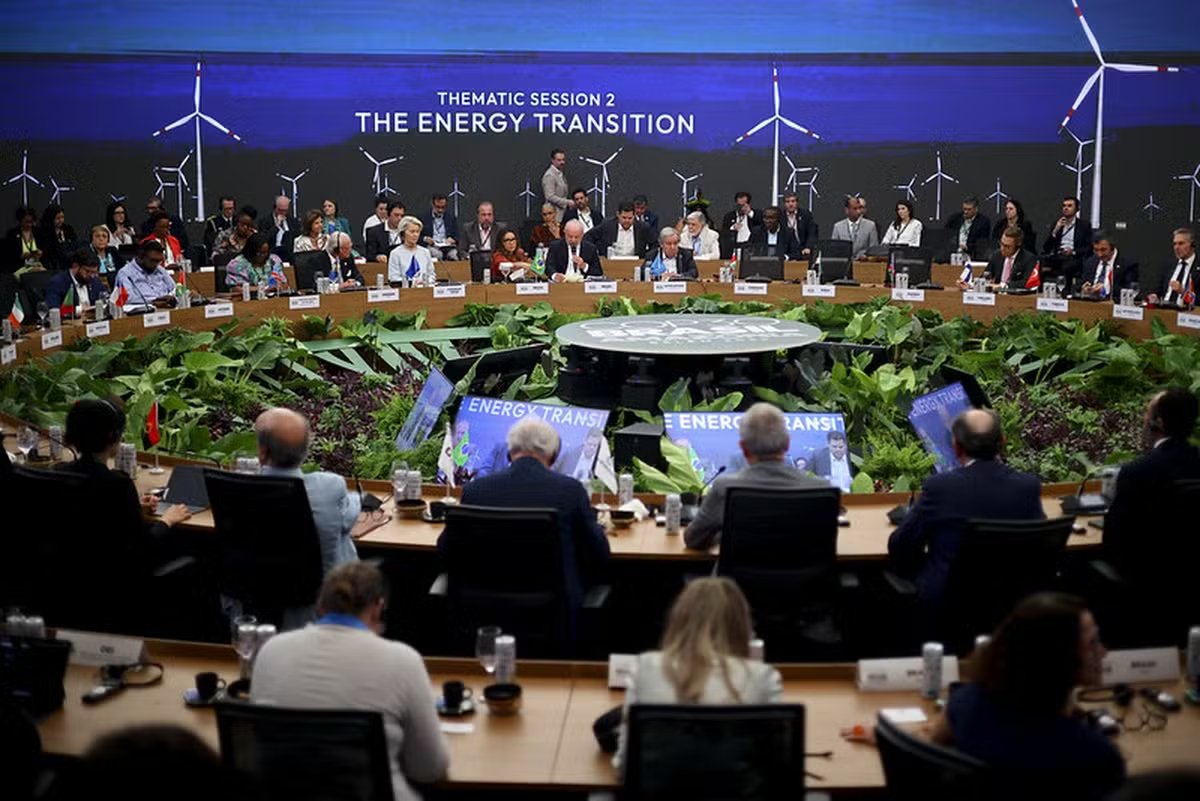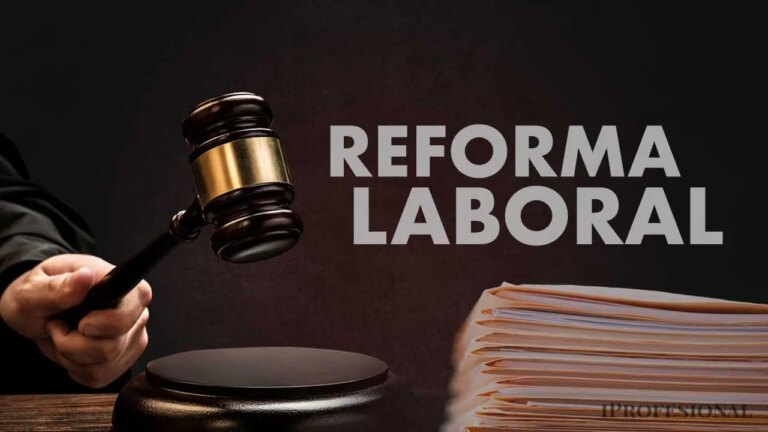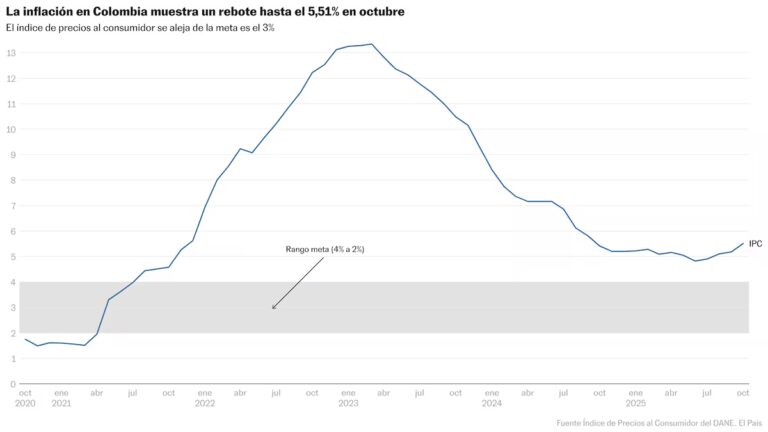
At the end of the Leaders’ Summit held ahead of COP 30, governments published the Belem Declaration on Combating Environmental Racism, which was endorsed by 19 countries. The document recognizes that “the impacts of the climate crisis and environmental degradation disproportionately affect indigenous peoples, traditional communities, black people, and other historically vulnerable peoples” and calls on countries to work together on action to address them. This Monday, President Lula spoke again on this topic in his opening speech to the conference.
- COP30: The worst climate contradiction is on Lula’s table.
- COP30: Afro-descendant and quilombola communities demand recognition and climate justice for Belém
– Recognizing the need to include environmental racism in the global conversation to combat the climate crisis is an important call for action to combat hunger and poverty. Moreover, it brings centrality to those most affected, those who are disproportionately affected. We drew attention to the urgency of incorporating the community thinking and proposals of black women, traditional communities, and other groups on the front lines of climate impacts, in collaboration with the implementation of policies, actions and initiatives at all levels of governance to adapt to extreme climate conditions,” said Monica Sacramento, Program Coordinator at NGO Criola.
For Monica, recognizing the connections between climate change issues, human rights, and environmental racism means moving the global conversation around climate justice forward. The next step, he said, is to translate the political content of the Belem Declaration into concrete action.
– We want this topic to be at the center of the debate and drive policies that effectively place environmental racism at the center of a fairer, more inclusive and transformative agenda.
A delegation from the NGO Criola attended COP30 with 15 women, an unprecedented event in the organization’s history.
– This achievement is historic, breaking centuries of exclusion that have prevented Black women from having a seat at the table where decisions that affect their lives and our planet are made.
What is environmental racism?
The term environmental racism emerged in the United States in the 1980s and became part of a United Nations report as a global problem to be faced. This expression defines a form of socio-environmental inequality that primarily affects Black, Indigenous, and poor communities.
According to the Fiocruz Center for Strategic Research, “These communities suffer the negative effects of environmental degradation and lack of access to natural resources and environmental services, while more advantaged populations enjoy greater environmental protection and better living conditions.”



